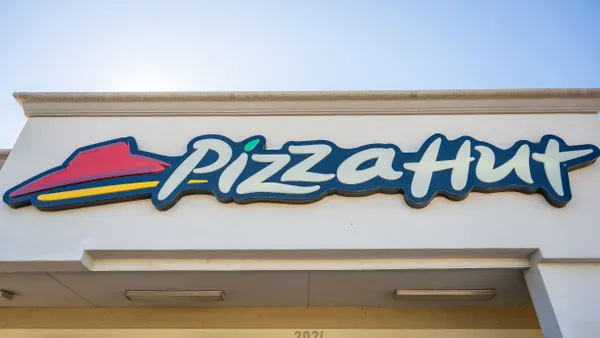Dive Brief:
- Eighty-two percent of North American HR stakeholders rated workforce agility as "very important" or "extremely important" to the future success of their organization, according to the results of an Aon survey conducted in late August. Of the factors that respondents said were most important for building agility, technology and communications infrastructure topped the list, followed by diversity and inclusion.
- HR pros are also keen on changing performance management processes to meet goals, especially with the proliferation of remote work and distributed teams. Seventy-two percent of respondents said they will place a greater emphasis on continuous feedback and 53% said they are enhancing manager training.
- Thirty-five percent of respondents said their organization provided specific guidance to managers on the best way to support employees who do not have access to on-site childcare; another 30% said they are considering this action. The most popular form of support reported in the survey was Employee Assistance Programs, which 62% said they have in place. Other forms of support had relatively low adoption; backup childcare was the second-most popular option at 14%. The option most under consideration was networking groups for parents, which 22% of organizations are actively considering.
Dive Insight:
Aon’s findings align with a recent Gartner study in which 63% of HR leaders said they added "agile methods and principles" to workflows in hopes of improving organizational outcomes.
Agility was noted by some pre-pandemic research as a potential barrier to success should a recession hit. Now in the midst of one, it appears barriers may still exist. Of the HR leaders surveyed by Gartner, 78% said their organizations did not have "a defined strategy [or] outcomes in place to guide their application of agile in the function."
Employers enhancing performance management efforts in light of the pandemic may be hoping to meet employees’ needs. A recent survey found that employees want more regular feedback, and that HR leaders increasingly expect managers to offer daily feedback to direct reports.
While flexible scheduling and remote work appear to have consensus for continued use, caregiving still remains a challenge for employers and workers. Managers are often unaware of the benefits and support available to caregivers, according to a Disability Management Employer Coalition (DMEC) survey, and the right amount of support may not be in place. Employees are quitting work as a result, something which was occurring even before the pandemic shut down schools across the country.
Some employers are increasing support for employees with caregiving responsibilities through childcare reimbursement, as Chegg has, and additional time off. Microsoft offered up to 12 weeks of paid leave to all global employees to cope with school closures.










